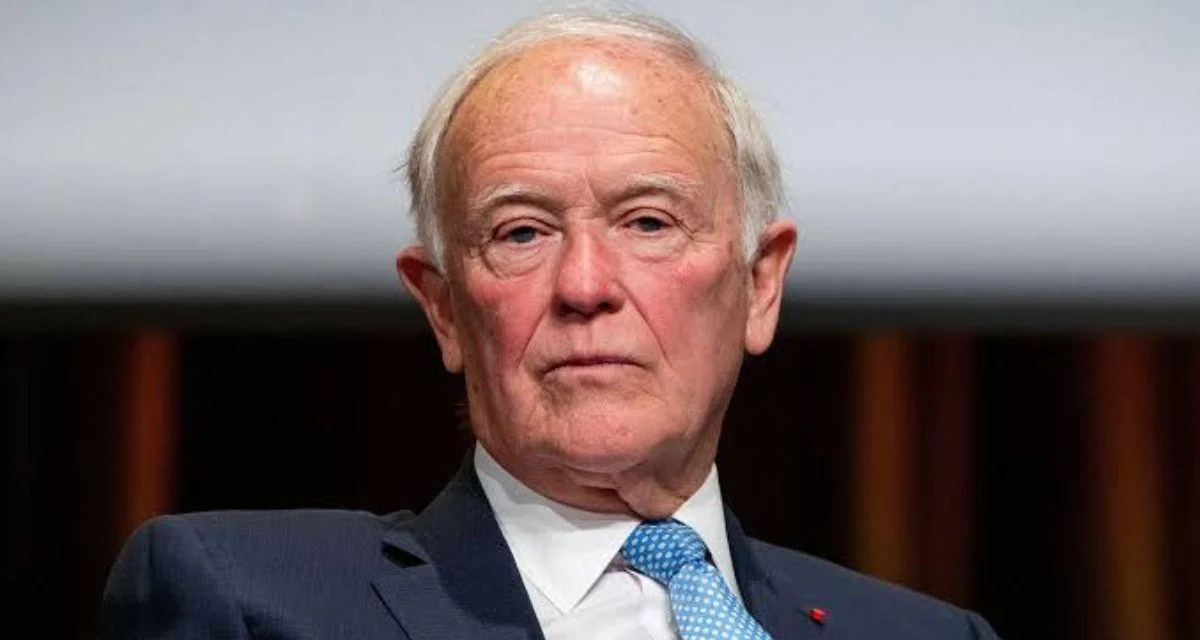In North America, Emirates connects Dubai with several U.S. cities using nonstop Boeing 777 services that exceed distances of 7,000 miles. The longest is Dubai to Dallas/Fort Worth at over 8,000 miles. Other significant routes include Miami (7,844 miles), Orlando (7,754 miles), Seattle (7,425 miles), Chicago (7,246 miles), and Boston (6,663 miles). Each route sees hundreds of annual flights and provides tens of thousands of seats.
Competition on these long-haul sectors is strong among Gulf carriers. Qatar Airways also serves Dallas from Doha and offers competing services to Miami and Boston. Etihad Airways operates flights from Abu Dhabi to Chicago and Brisbane but does not currently fly to Miami.
In South America, Emirates maintains a key connection between Dubai and Rio de Janeiro using the Boeing 777-300ER. This route covers more than 7,300 miles and complements existing A380 service to São Paulo.
Australia remains another cornerstone market for Emirates’ international network with direct Boeing 777 flights from Dubai to Brisbane (7,442 miles), Melbourne (7,230 miles), and Adelaide (6,834 miles). While Sydney receives A380 service due to higher demand volumes, these other cities benefit from the flexibility offered by the smaller twinjet.
Emirates also flies non-stop between Dubai and Montréal in Canada using both the -300ER and -200LR models; however these Canadian routes are shorter than those connecting Dubai with U.S., South American or Australian cities because they follow a polar routing via Russia.
The use of Boeing 777s enables Emirates not only to connect distant markets but also transport substantial cargo loads alongside passengers—a factor especially relevant on transpacific routes linked with manufacturing centers such as Dallas/Fort Worth or Chicago.
"These flights connect Dubai to diverse markets, from US technology hubs to South American cultural centers and Australian metropolises," an Emirates spokesperson said. "These routes also highlight Emirates’ strategy of diversification, ensuring connectivity beyond traditional superjumbo routes."
Looking ahead at fleet modernization plans across Gulf airlines: "With over 100 [Boeing] 777X on order," according to Emirates statements in recent years,"the airline expects to deploy these next-generation jets on many ultra-long-haul missions currently operated by the [Boeing] 777-300ER." The new aircraft will offer greater range and fuel efficiency while enhancing passenger comfort.
Qatar Airways has also ordered new-generation widebody jets like the Boeing 777X for future expansion into long-haul markets such as North America and Australia—ensuring ongoing competition among Gulf carriers well into the next decade.
 Alerts Sign-up
Alerts Sign-up





















